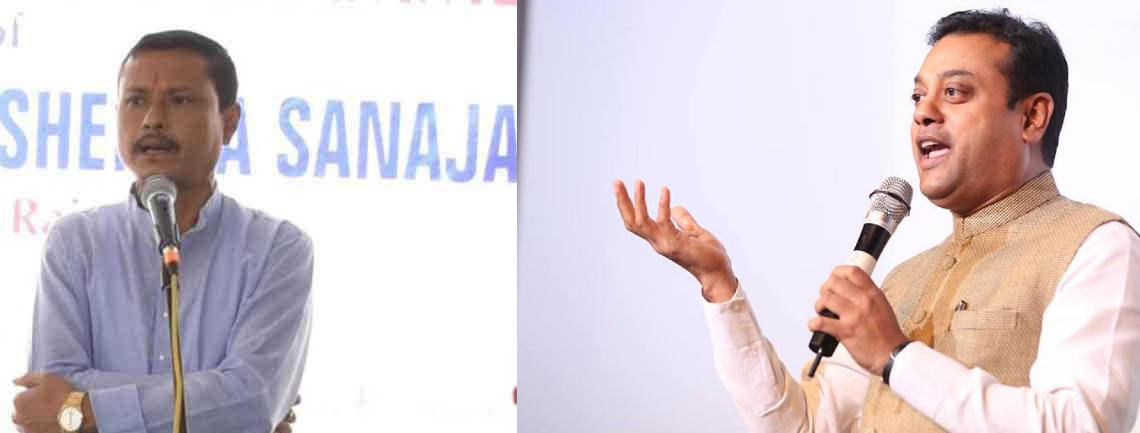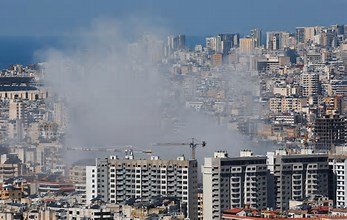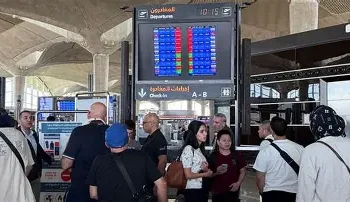The victims of Manipur’s 2023 unrest deserve more than silence. Before rebuilding democracy, India must confront the full scale of the state’s failure, writes Navin Upadhyay in the first part of a two-part article on why Manipur needs President’s Rule.
May 13, 2025:
As discussions intensify about reinstating an elected government in Manipur, concerns are rising that such a move, without first addressing serious allegations against former Chief Minister N. Biren Singh, could undermine justice and inflame ethnic tensions. With over 260 dead and 70,000 displaced in the wake of the May 3, 2023, violence between Meiteis and Kuki-Zo tribes, the stakes for political accountability and communal healing could not be higher.
The latest pitch by Manipur’s lone Rajya Sabha MP, Leishemba Sanajaoba, for a “popular government” within one or two months may find backing among legislators, allies, and organisations who argue that President’s Rule has failed to restore peace. Senior BJP leader Sambit Patra’s recent tour—meeting Kuki-Zo and Meitei legislators —signaled the party’s eagerness to reestablish political control amid a growing leadership vacuum. The state assembly remains in suspended animation following Biren Singh’s resignation in February, as the BJP struggles to agree on a consensus Chief Minister candidate.
But calls for restoring an elected government overlook a critical judicial development: the Supreme Court is currently examining audio tapes that allegedly implicate Biren Singh in the ethnic violence. During a May 5 hearing, a visibly concerned Chief Justice Sanjiv Khanna questioned the forensic integrity of the sealed FSL report presented by the Solicitor General, ordering a fresh report and stressing that “if something wrong has been done, we don’t have to protect the wrongdoer.” The petition, filed by the Kuki Organisation for Human Rights Trust, demands a court-monitored investigation into the contents of the leaked recordings.
The gravity of these allegations—and the Supreme Court’s clear resolve to pursue the truth—makes any hasty political restoration perilous. As the Court considers whether key figures in the previous administration played a role in the unrest, the reinstallation of a government involving same set up of people risks eroding what little trust remains among the Kuki-Zo community. The question is not whether Manipur should have an elected government again—but whether justice and accountability must come first.
ALSO READ: BJP Sweeps Assam Panchayat polls, Dominates Rural Heartland
Adding weight to this concern is the scathing assessment by Justice Siddharth Mridul, former Chief Justice of the Manipur High Court. In a recent interview, he described a “complete abdication of responsibility” by the state government during the crisis. He recalled how judicial orders to restore law and order went unheeded, leaving the courts powerless amid escalating violence. “Whether [the failure] was deliberate or merely cavalier, I won’t speculate,” Mridul said, “but the end result is the same: the state failed to comply with our directions.”
Mridul’s analysis underscores why entrusting the same political forces with restoring normalcy would be misguided. With Meiteis forming around 50% of the population and seeking Scheduled Tribe status—a demand that triggered the May 2023 protests and subsequent violence—any perception of political bias could worsen divisions
Sanajaoba’s eagerness to re-establish a popular government is understandable in light of the state’s prolonged instability. But political expediency cannot override due process and moral clarity. The Supreme Court has an opportunity—and a duty—to ensure that allegations against public officials are investigated fully and transparently. Until that is done, the return to an elected government risks legitimizing impunity and sidelining justice.
ALSO READ: Congress Revives Indira Legacy to Target Modi on Truce
If New Delhi is truly committed to reconciliation, it must place justice for the 250+ victims above political expediency. Democratic governance in Manipur should be restored—but only after the facts are established and those implicated in the May 2023 violence are held accountable. This isn’t just about N. Biren Singh; it involves a broader network of legislators, police officials, and bureaucrats who held power during the unrest. Allowing them to return to power without scrutiny would be a travesty of justice.














